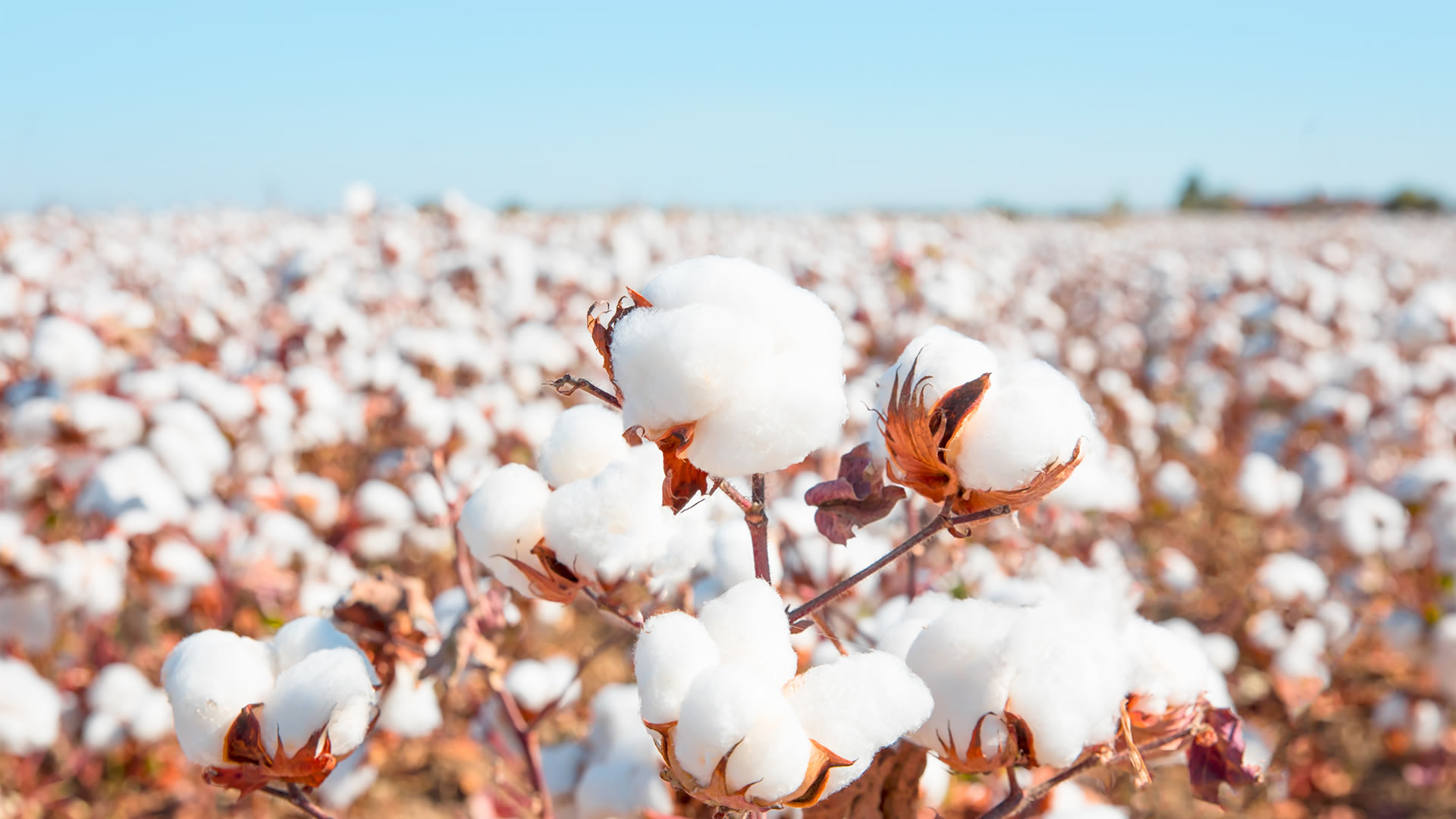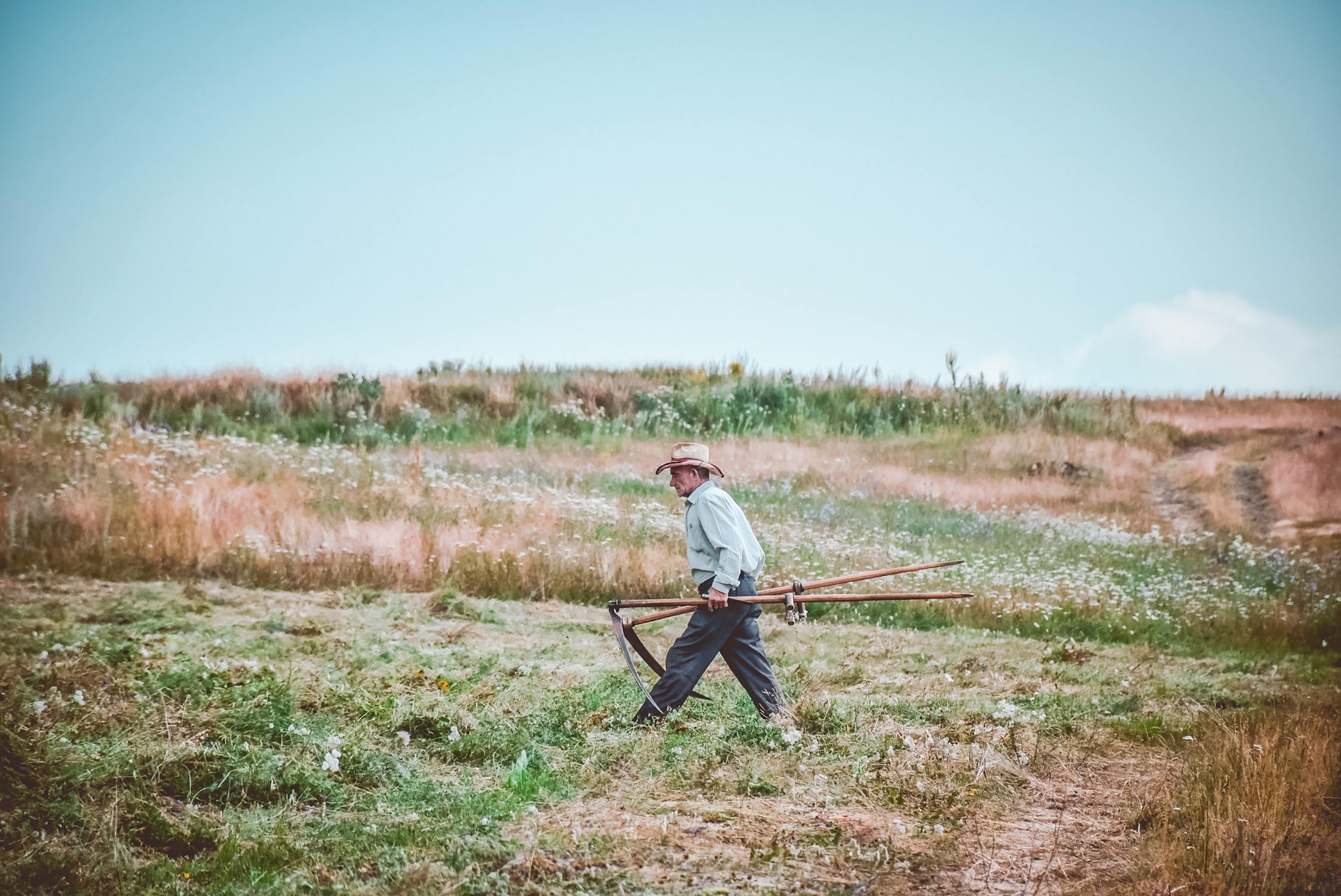
Better Cotton, the world's largest sustainability program, has unveiled its 2023 India Impact Report, showcasing significant advancements in reducing pesticides, water usage, and the overall improvement of farmers' livelihoods. This report reflects the transformation witnessed between the 2014-15 and 2021-22 cotton farming seasons, demonstrating the tangible benefits of sustainable cotton farming practices.
The report reveals a remarkable 53 percent reduction in pesticide use among Better Cotton member farmers when comparing a three-season average from 2014-2017 to the 2021-22 season. This decline is attributed to enhanced training in Integrated Pest Management and effective awareness campaigns.
Moreover, the use of highly hazardous pesticides plummeted from 64 percent to just 10 percent, with the use of Monocrotophos, a highly toxic pesticide, dropping from 41 percent to 2 percent. Water Efficiency Water consumption for irrigation also decreased significantly, registering a 29 percent drop between the baseline period and the final measured season. Additionally, there was a 6 percent reduction in excessive nitrogen use per hectare, which contributes to greenhouse gas emissions when over-applied.
Empowering Farmers and Fostering Gender Inclusivity
Better Cotton's program in India, initiated in 2011, has grown to nearly one million participants, leading to substantial improvements in farmers' livelihoods. Between the 2014-15 and 2021-22 seasons, the total cost per hectare (excluding land rental) decreased by 15.6 percent. This cost reduction can be attributed to lower expenses related to land preparation and fertilizer. Farmers also achieved a lint yield of 650 kg per hectare, surpassing the national average by 200 kg per hectare.
The impact of the Better Cotton Initiative extends beyond farming practices. In the 2022-23 cotton season, the organization increased the presence of women as field facilitators, with 25 percent being women, up from 10 percent in the 2019-20 season.

Pioneering Traceability for Sustainable Cotton
In a significant development, Better Cotton announced its upcoming traceability initiative, set to launch later this year. This initiative will measure supply chain visibility for all industry stakeholders, providing insights into the country of origin and the proportion of Better Cotton in their products. It will also establish a connection between farmers and the supply chain, forming the foundation for the Impact Marketplace, which will reward farmers for adopting more sustainable farming practices.
Better Cotton is transitioning in India, shifting its focus from expanding its membership to deepening its impact. The emphasis is now on identifying necessary improvements and addressing development gaps. This marks a departure from the initial approach of comparing members with non-members to track progress.
Fostering Collaboration for a Sustainable Future
Better Cotton CEO Alan McClay expressed optimism about the results in the Impact Report, affirming the organization's commitment to driving further improvements at the farm level.
The recent discussion on traceability at the World Trade Organization's Public Forum underscored the importance of traceability in fashion and textile supply chains, especially in response to new due diligence legislation, investor pressure, and heightened consumer expectations regarding environmental and sustainability concerns. Better Cotton aims to benefit the entire textile industry, including smallholders, through its traceability efforts.
Participants in the traceability panel included notable figures such as Maria Teresa Pisani from the United Nations Economic Commission for Europe's trade facilitation section, Gregory Sampson from the International Trade Center, Jeremy Thimm from the Global Organic Textile Standard, and Josh Taylor, traceability manager at Better Cotton.